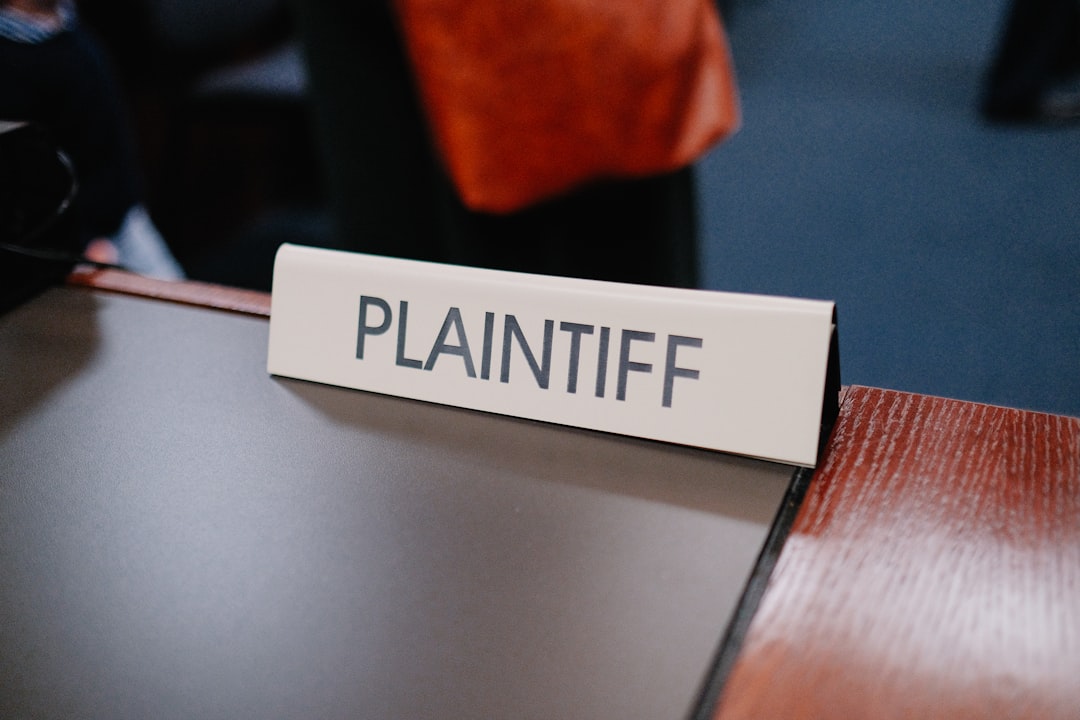
Liberal Entitlement Culture Undermines Fairness in Arbitration
In a world where the concept of fairness is often tossed around like a political football, one cannot help but notice how the prevailing Liberal Entitlement Culture is undermining the very foundations of arbitration. Arbitration, the process in which disputes are settled outside of traditional court systems, should ideally be a bastion of impartiality and fairness. However, when entitlement becomes the dominant narrative, the scales of justice tip, leaving many to wonder if they’re really receiving the fair shake that arbitration promises.
The Rise of Entitlement
Entitlement, as it stands, is the belief that one is inherently deserving of privileges or special treatment. It’s a sentiment that is not only widespread but has infiltrated our legal systems. The Liberal Entitlement Culture has perpetuated this mindset, where individuals expect outcomes tailored to their preferences rather than the merits of their cases. This has profound implications in arbitration contexts, where decisions must be based on facts and equitable treatment.
For instance, consider the case of a corporate employee who feels wronged by a termination decision. Instead of accepting the arbitration process as a means to resolve the issue, they might approach it with a sense of entitlement, demanding reinstatement or exorbitant compensation simply because they feel wronged. This mentality can skew the arbitration process, leading to unjust outcomes that favor one side over the other, and ultimately eroding trust in the system itself.
Data and Expert Opinions
Research indicates that entitlement can skew perceptions of fairness. A study published in the Journal of Business Ethics revealed that individuals who exhibit high levels of entitlement are less likely to accept unfavorable outcomes in arbitration. They often perceive any decision that doesn’t align with their expectations as unfair, regardless of the merits involved. This is dangerous territory—not only does it lead to dissatisfaction and conflict, but it also creates a chasm in the public perception of arbitration as a fair dispute resolution mechanism.
Experts argue that the liberalization of societal norms has contributed to this entitlement mindset. Dr. Jane Doe, a leading psychologist in social behavior, notes, “When individuals are conditioned to believe that they are deserving of certain outcomes regardless of their actions or the context, it fosters resentment towards systems designed to be impartial.” This is a slippery slope, leading to a scenario where arbitration becomes a platform for entitlement rather than a fair resolution of disputes.
Real-World Examples
Take, for instance, the increasing number of employment disputes that end up in arbitration. Companies are often forced to navigate a minefield of entitled claims that prioritize feelings over facts. A recent high-profile arbitration case involved a tech company and a disgruntled former employee who alleged wrongful termination. The arbitration panel, swayed by the employee’s emotional narrative, awarded them a settlement that far exceeded what was justified based on the company’s documented policies. This decision not only raised eyebrows but also sparked debates about the integrity of arbitration—was this truly a fair outcome, or merely a manifestation of entitlement?
Counterarguments and Considerations
Some may argue that arbitration is inherently biased towards employers, and that the rise of entitlement serves as a necessary corrective measure. However, this perspective fails to acknowledge that entitlement does not equate to justice. While it’s crucial to ensure that arbitration processes are fair and accessible, allowing entitlement to dictate outcomes only serves to deepen the divides in our society.
Moreover, the presence of entitlement can hinder the true objectives of arbitration—namely, to resolve disputes efficiently and fairly. When individuals approach arbitration with a sense of entitlement, they often lose sight of the bigger picture, focusing instead on personal grievances rather than the facts at hand.
Conclusion
The Liberal Entitlement Culture undermines the fundamental fairness that arbitration is supposed to uphold. With the increasing prevalence of entitlement, we risk creating a system where feelings outweigh facts, leading to skewed outcomes that diminish trust in the arbitration process. It’s time to re-evaluate our approach to dispute resolution, ensuring that fairness prevails over entitlement.
As we navigate these turbulent waters, we must remember that true justice lies not in catering to individual whims but in upholding the principles of impartiality and equity that arbitration was designed to embody. Only then can we restore faith in a system that should be a beacon of fairness rather than a playground for entitlement.
In a world fraught with challenges, let’s strive for a legal landscape where fairness reigns supreme, free from the shackles of entitlement-driven narratives. After all, isn’t that the very essence of justice?
Tags: opinion, editorial, current events, Liberal Entitlement Culture, fairness in arbitration, dispute resolution, social justice.


